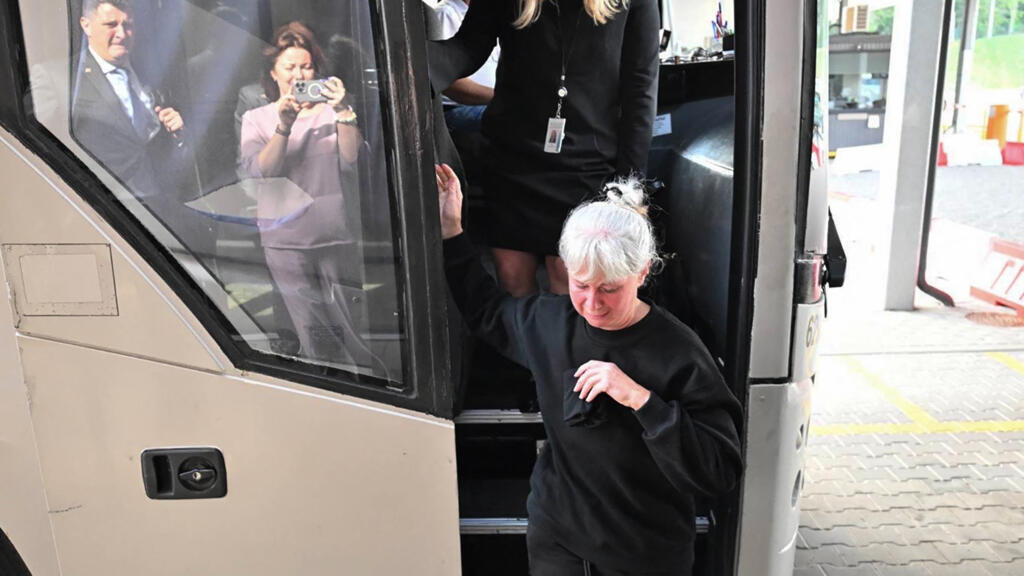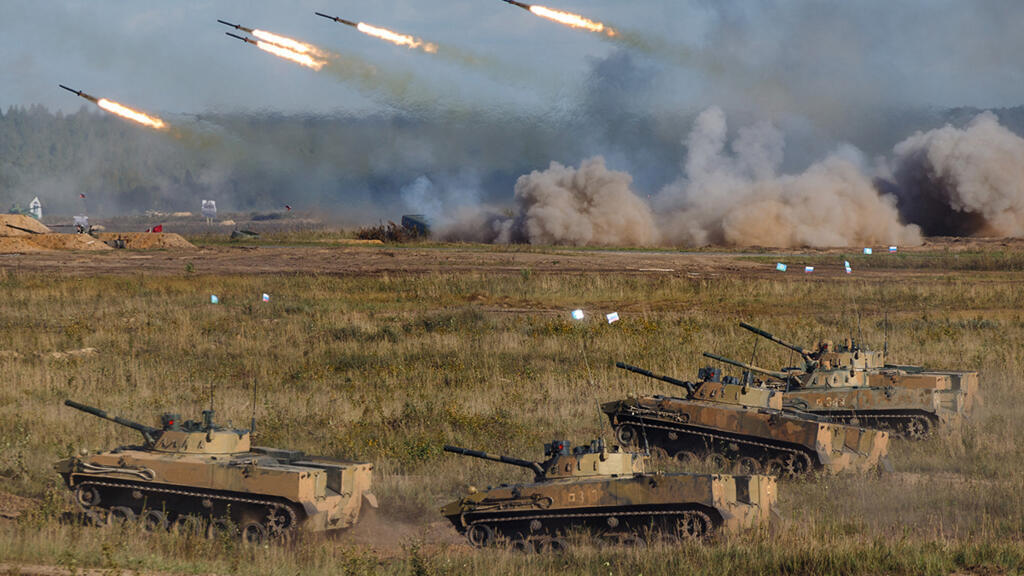Belarus Releases 52 Political Prisoners
On Thursday, Belarus made a significant move by releasing 52 political prisoners who were subsequently transferred to neighboring Lithuania. This decision came in response to increasing international pressure, particularly from U.S. President Donald Trump, who had called for the immediate release of individuals detained for their political beliefs.
Among the released prisoners was an EU diplomat and veteran dissident Mikola Statkevich, known for his opposition to the Belarusian government and for being a presidential candidate in the 2010 elections. Statkevich has long been a prominent figure in the fight for democracy and human rights in Belarus, gaining both national and international support for his political activities.
The release of these prisoners marks a pivotal moment in Belarusian politics, where political repression has been a common practice under the regime of President Alexander Lukashenko. The ongoing diplomatic relations between Belarus and Western nations have been strained due to the country's human rights abuses and stifling of dissent, particularly following the controversial 2020 presidential elections, which were widely regarded as fraudulent.
This decision to release political prisoners signals a potential shift in Belarus's approach to foreign diplomacy, possibly attempting to improve its international standing and alleviate some of the sanctions imposed by Western governments. The gesture may also be seen as an attempt to placate both domestic and international critics of the regime, while also addressing calls for reform and change within the country.
The release of these individuals was celebrated by human rights organizations and activists, who view this as a step towards restoring some level of freedom for those who have been unjustly imprisoned for expressing their political views. The international community, particularly within the EU, has been advocating for the rights of political prisoners and calling for a more open and democratic political environment in Belarus.
As these political prisoners were welcomed into Lithuania, their journey remained a poignant reminder of the struggles faced by many in Belarus who continue to fight against repression and for democratic freedoms. The situation in Belarus remains fluid, and it remains to be seen how this prisoner release will impact the political landscape in the region and the ongoing dialogue between Belarus and Western nations.
In conclusion, the release of 52 political prisoners by Belarus represents a significant development in the country's political narrative, potentially indicating a willingness for reform and a response to international pressures. This event not only has implications for the individuals involved but also for the broader context of human rights and democracy in Belarus.












